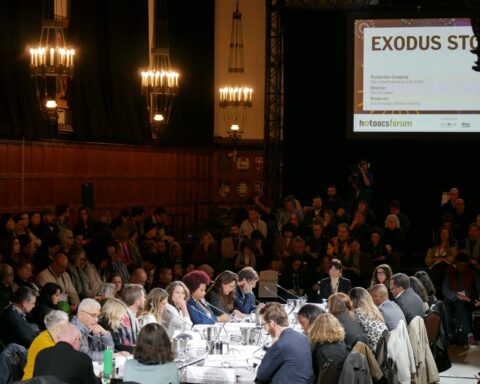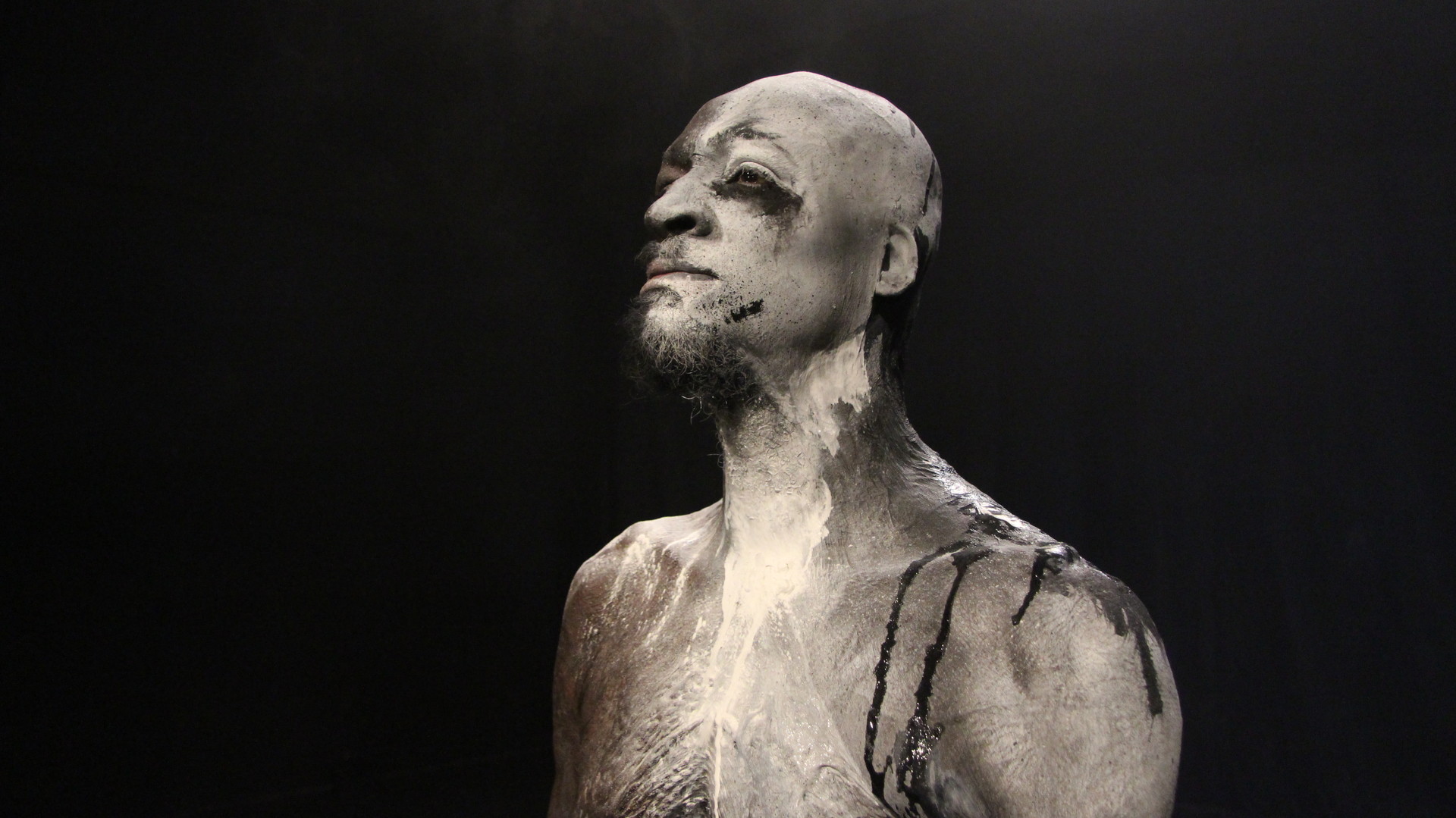In the past two years, I’ve taken to calling anyone or any business “Netflixed” (or “Uberized”) to indicate that they’ve had their livelihoods in the storytelling biz disrupted by cord cutting and the growth of SVoD (Subscription Video on Demand) services like Netflix. It’s a more specific way to talk about digital disruption. Specialty channels shuttering and/or not commissioning CanCon? Netflixed! Boutique production companies caught in the updraft? Netflixed! Advertising falling through the floor? Netflixed! Culture minister seemingly snubs French language quotas in a secretly crafted Netflix production deal? Oh, most definitely Netflixed.
In July, the Prime Minister’s pre-2019 election cabinet shuffle came to pass, and saw (now-former) Minister of Canadian Heritage Mélanie Joly essentially demoted to Minister of Tourism, Official Languages and La Francophonie. In Joly’s place is Montreal allophone, Pablo Rodriguez, the long-standing culture critic while the Liberals were in opposition and the person who probably should have had the job in the first place.
For many in English-speaking Canada, this demotion was a bit of a mystery. Joly was, after all, the strong voice of a new era in cultural creation, tilted towards new partnerships and innovation. She survived, relatively unscathed, the process of nationwide consultations (the first of its kind in decades) to produce sweeping policy changes issued last fall under the banner of “Creative Canada.” The process took seriously the wide-ranging and diverse views of consumers, creators and various stakeholders in coming to terms with what our digital future could look like. And while this process gathered together divisive and strident calls both for and against taxing global companies who are scorching our cultural and journalism earths (Facebook, Google, Netflix), she was a good soldier and held fast to a Trudeau promise (with which I’ve long disagreed): No “Netflix tax.” This, despite calls from the federal Standing Committee on Canadian Heritage, Quebec’s own government and many filmmakers and producers to bite the goddamn bullet and impose a broadband levy. The thought is: Get the Amazons, et al. to register federally to collect and pay taxes. France and Australia have done it; why can’t we? Time to rethink the whole telecommunications sector and level the playing field with other tax-paying Canadian media distributors. It’s a nice idea, which I think will happen eventually, but for now, the Liberals still say it’s a “no.”
It never ends well when a progressive government tries to mimic an opposition promise. Parties in power rarely reap rewards significant enough to risk losing moral ground with a wary electorate. Such governments end up trying to pretzel policy into achieving some greater good by other means. And that’s exactly what happened.
The pretzel deal was to extract from Netflix a promise to spend $500 million on Canadian production over five years. I’ve written in the past that I thought this was a good, strategic compromise. I still do, in theory. After all, broadcasters in Canada are just doubling down on doughy, soft-belly, middling content in ever shrinking amounts. Nothing bold is happening there, so why not normalize a production and creative relationship with a global brand to the benefit of a new generation of content creators, storytellers and audiences?
Unfortunately, the deal was deeply flawed. Let’s count the ways. Number one is Joly herself. She is more, shall we say, of les beaux arts: her comfort zone is the big gallery and museum circuit and their cocktail party fundraisers, not the complex world of a billiondollar production industry. On more than one occasion, she betrayed for some of this with important revisions to the Canadian Media Fund, she—and, I suspect, her Ministry—was just not capable of creating a proper deal with teeth. Nor of selling it.
Number two, it’s not clear that any production expertise was consulted to finesse the package. Where are the words from our national production associations—the CMPA (Canadian Media Producers Association), DOC (Documentary Organization of Canada), APQM (Quebec Association of Media Production), ACTRA (Alliance of Canadian Cinema, Television and Radio Artists), WGC (WritersGuild of Canada), DGC (Directors Guild of Canada), etc.—in it? That was a mistake. Number three, it remains frustratingly unclear what the timeline really is. While there have been announcements here and there of partnerships (such as one with Hot Docs to support under-represented filmmakers), we don’t know if this is part of the $500 million, or part of what they’re already doing. And, of course, it’s never been clear that there would be a brick-and-mortar place to meet with Netflix in an accessible manner. Not everyone can run to LA to pitch them.
It was a very bad sign when, with all the fanfare of a new policy announcement, the Creative Canada policy book and the deal itself were unveiled in September 2017 with not a single Netflix rep on hand to answer media questions on these finer points. How much for documentary, for development, for series? And, most importantly, how much for French-language original production?
This last concern ultimately proved to be Joly’s undoing. Trudeau thought the Liberals were untouchable in Quebec. Favourability numbers were bearing this out, and especially with Joly at the helm of a vital ministry. After the Netflix deal, though, not so much. In fact, Joly was utterly flayed in Quebec’s news media and radio and TV chat shows when she tried to sell the deal as better than taxing them. The hugely popular Tout le monde en parle subjected her to ridicule and accusations of being both naïve and blind to what the fuss is all about. Radio Canada’s Gérald Fillion told her to her face: “You don’t hear us.” She couldn’t guarantee what percentage of original French-language production would be commissioned, what percentage of actual dollars would flow, nor whether or not some of the platform’s distribution flaws that negatively impact feature film deals (and delay or prevent theatrical releases) would be overcome by the five-year arrangement.
It seems that Joly herself, and as the proxy for Trudeau, failed to realize that tax fairness itself is an important issue, and one about which Quebec has a larger consensus than the rest of Canada. Thus, in 2019, the Quebec government will be requiring Amazon, Netflix and their ilk to collect and hand over sales tax, bringing in what Quebec hopes will be approximately $120 million USD in otherwise lost revenue.
The feds will be watching this closely as Quebec acts as the trailblazer here. It won’t be the first time. And, if it works, we’ll all have la belle province to thank for showing English Canada how to do the right thing—and that skies won’t fall (and your fave streaming service won’t turn to stone) when fair play and culture are at stake. As for the deal itself? It probably won’t roll out until 2019, after the election. And if the Liberals lose? It could be rescinded.













